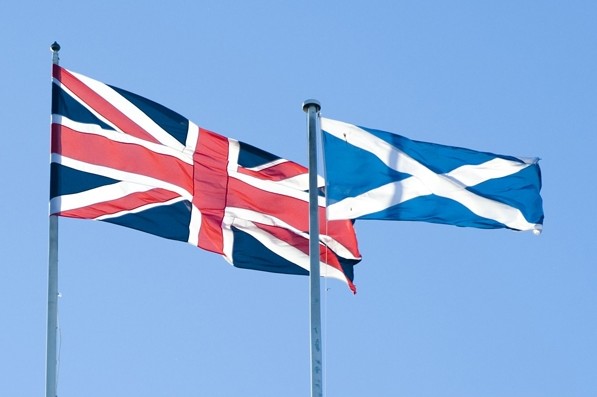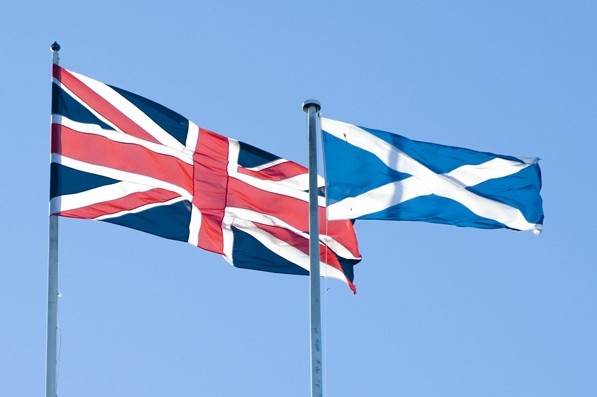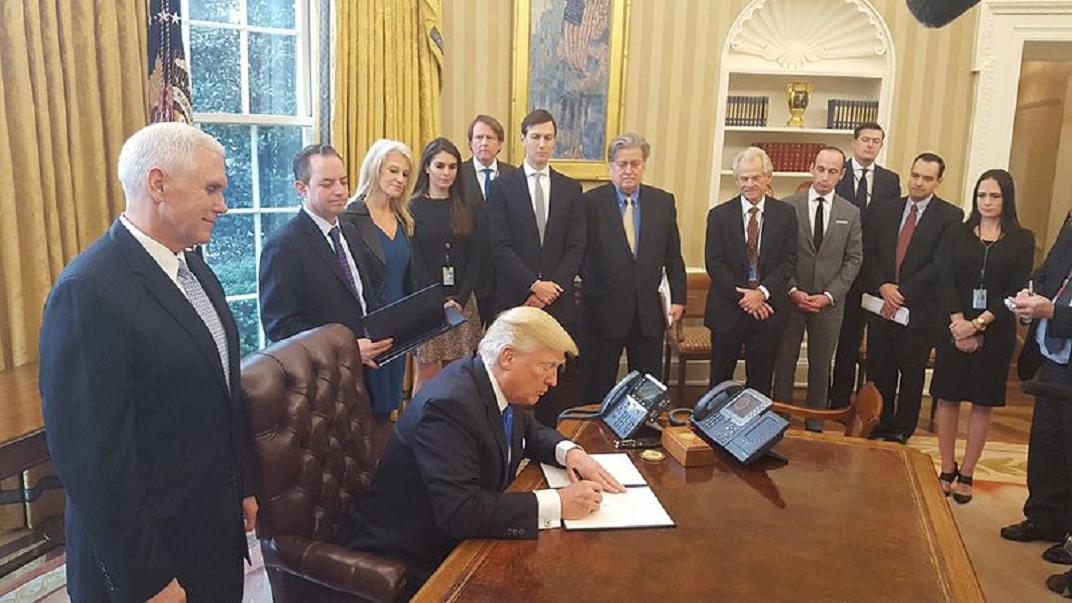On September 18 2014, Scotland voted not to end a three-century-long union with the United Kingdom. Scottish independence has been the subject of both a national debate and a national myth since the moment Scotland joined England and Wales through the Act of Union in 1707. Three centuries later, Scotland was once again the focus of international attention. Given the opportunity to stay or go, the answer she gave was “No.”
The referendum was a relatively close call, the vote split between 55% of the population against, and 45% for secession. Had the people of Scotland cast their ballots differently, what would have been the international implications? Once a referendum proved inevitable, different countries and regions around the world reacted differently, based on their own national interests. It is worth examining the strategic implications of secession from the perspective of some of these countries.
Had the vote favored independence, the United Kingdom would have been most affected. Throughout the weeks preceding the referendum, British Prime Minister David Cameron, along with other politicians, pleaded with Scotland to remain a part of the Union. In addition to losing 8% of its population and 32% of its territory, the move would have seriously weakened the United Kingdom’s defense capabilities. The Faslane naval base, located in the southern Scottish highlands, is home to the United Kingdoms’ Trident nuclear submarines and missiles, an integral component of the country’s national defense mechanism. Largely opposed to hosting nuclear weapons within Scottish territory, the leader of the Scottish National Party (SNP) promised to outlaw the possession of nuclear weapons.
Like the United Kingdom, the region of Catalonia watched the referendum closely. Possessing a language and national identity distinct from the rest of Spain, the Catalans have longed for independence since the early 20th century. Leaders of the pro-independence movement in Catalonia have praised the referendum process in Scotland, citing the agreement reached between the British government and the Scottish National Party, which enabled the people of Scotland to independently determine the future of their country. In contrast, the Spanish government, aware of the similar sentiments of the Catalonian people, adopted a firm stance against the Scottish independence movement.
Spain and the United Kingdom were not alone in opposition of an independent Scotland. In general, the majority of the international community called for a unified, instead of fragmented, United Kingdom. US President Barrack Obama, Canadian Prime Minister Stephen Harper, and Australian Prime Minister Tony Abbott were united in their position against secession.
Unsurprisingly, Russia and China adopted a stance of non-intervention, refusing to make official comments on the “internal issues” of other sovereign states. Since early 2014, Russian President Vladimir Putin stated adamantly that Scottish Independence was an internal political issue.
While Scotland eventually chose to remain in the Union, both the referendum and independence movement set an important precedent for other regions around the world seeking independence or autonomy. Drawing international attention and igniting heated debate, the world was forced for a moment to ponder the geopolitical implications of a weakened Britain.





